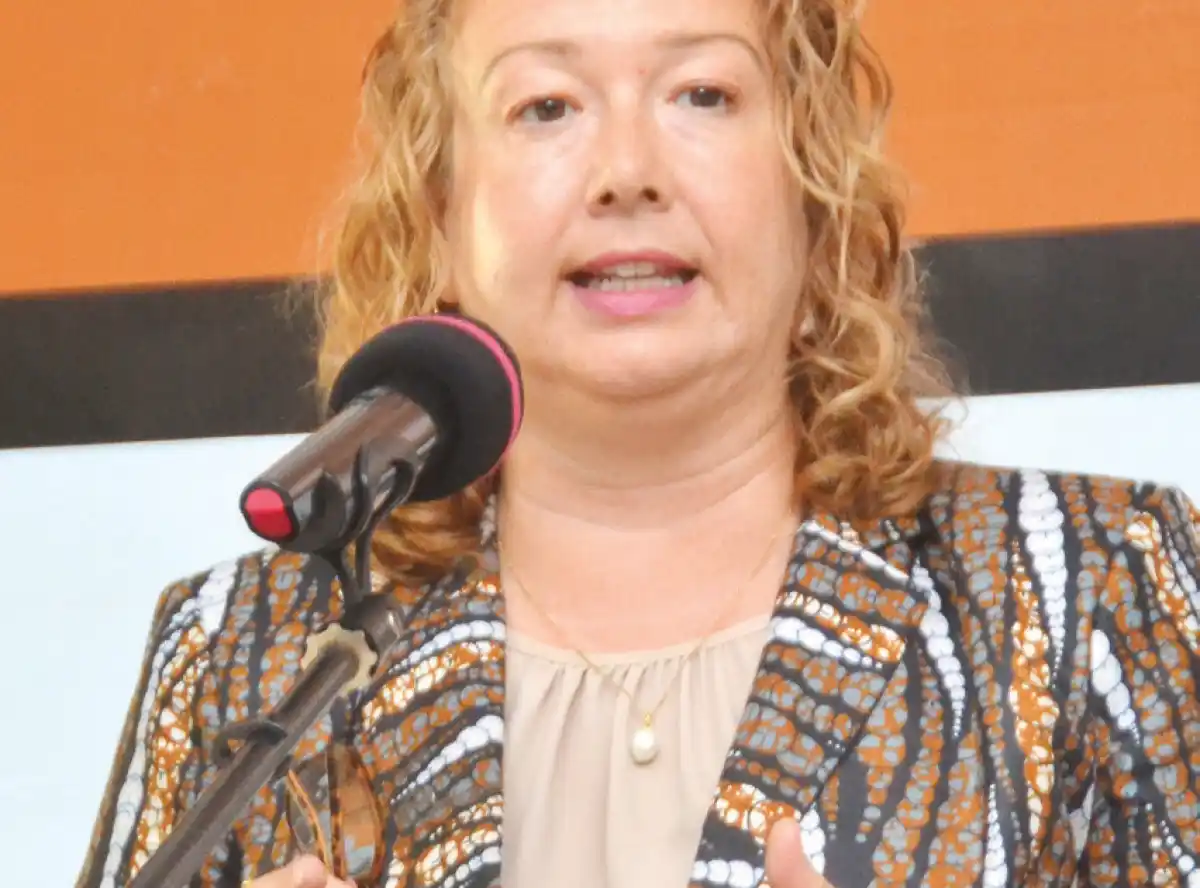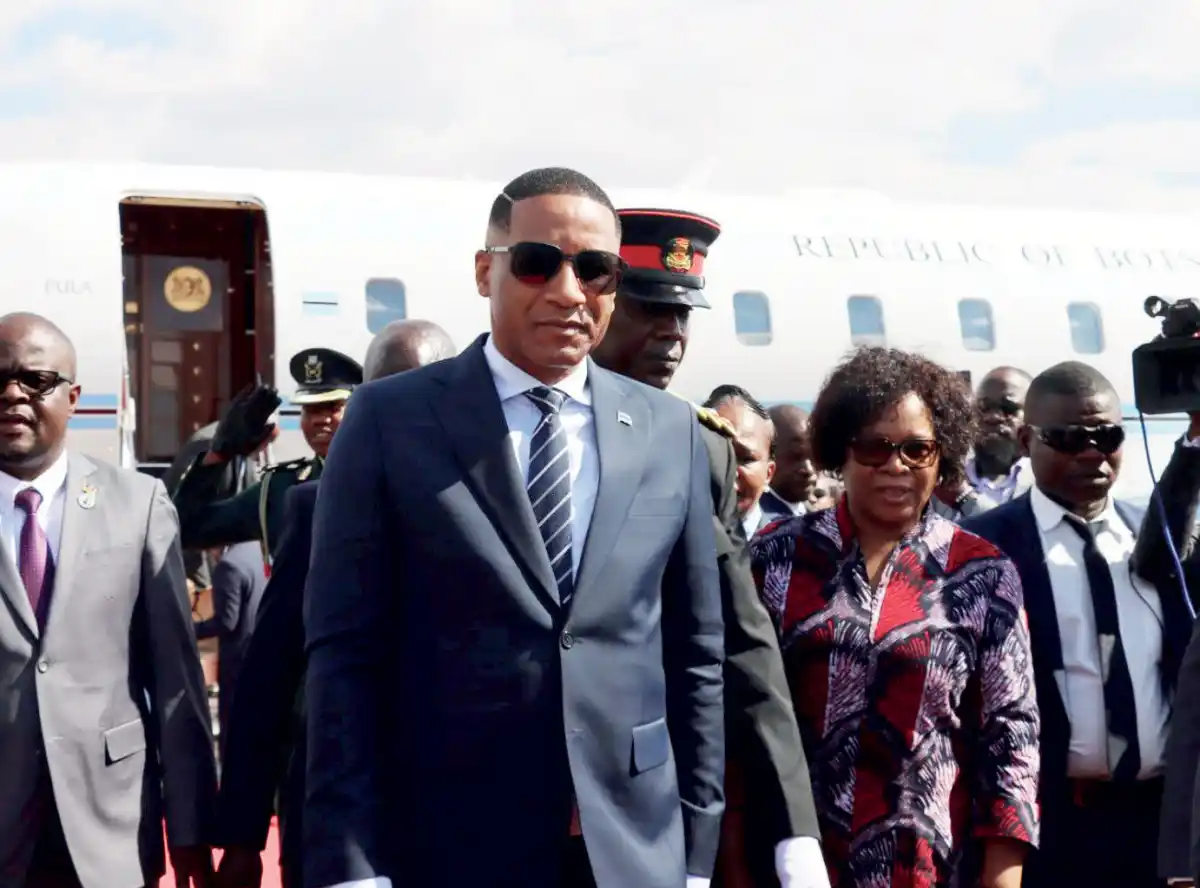

British High Commissioner to Malawi, Fiona Ritchie, and renowned business leader Professor Bonang Mohale have emphasised the critical role of the private sector in driving Malawi’s economic transformation.
They say the era of abundant development aid is coming to an end and now is time for the private sector to take over.
Speaking at the Lakeshore Business Leaders’ Summit organised by the Malawi Confederation of Chambers of Commerce and Industry (MCCCI) in Mangochi on Friday, Richie called for a shift from an economy built on consumption and government procurement to one based on production, exports, innovation, and private capital.
The British diplomat noted that development aid to Malawi is declining, reflecting a global shift in priorities with a growing expectation that countries must chart their own paths to prosperity.
“Across the world, it is the private sector that drives growth. It is the private sector that develops solutions, that brings ideas to scale, that powers the engines of industry, agriculture, commerce, and services.
“Malawi’s economy will need to be less dependent on donor funding, and more empowered by private investment. Less focused on managing poverty—and more focused on creating wealth. And trade will be more important than aid,” Richie said.
She highlighted mining and energy as two sectors with tremendous potential to drive Malawi’s economic transformation citing World Bank estimates that seven well-developed mining projects could generate exports of at least $30 billion over the next 15 years.
In his keynote address titled ‘Unlocking Private Sector-Led Growth: Strategies to Economic Transformation’, Mohale emphasised that Africa faces not just another opportunity, but its final chance for economic transformation.
“This race is not Africa’s second chance. It is Africa’s last chance. Leadership choices have perpetuated economic challenges across the continent.
“We need a different kind of business. Not just consciences and taxes, business. But business that fundamentally gets it. That it needs to continue to do well by being good,” Mohale said.








0 Comments